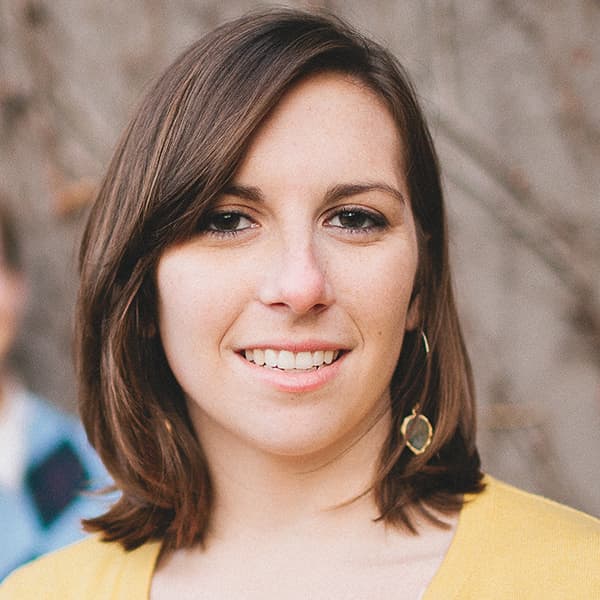Advertisement
No Mask Mandate For Mass. Schools, And State Suggests Vaccinated Students Shed Masks
Vaccinated students should be allowed to go to school without masks on, according to updated COVID-19 guidance state education and health leaders released Friday.
The guidance comes three days after the U.S. Centers for Disease Control and Prevention urged everyone to wear masks indoors in places with "substantial" or high transmission, regardless of vaccination status. The CDC also recommended that all students and school staff wear masks.
Massachusetts' guidance leaves it up to individual school districts to decide whether to have mask requirements in the new school year, an issue which has been causing heated debate in some cities and towns. The state has already removed remote learning as an option for most districts.
"One thing's clear: all schools and all districts must be open every day to every student no matter what," Baker said at a press conference Friday. "The documented negative impact on children that resulted from the uneven, unpredictable and profoundly difficult year that students had last year can not and must not happen again."
The memo by Massachusetts leaders did not make any requirements of schools, but did "strongly recommend" unvaccinated staff and students wear masks when indoors (particularly children under age 12 who are not yet eligible for vaccination). The memo cited high vaccination rates in the state overall and research showing children generally have a lower risk of serious illness from the coronavirus.
The recommendation that vaccinated students be able to shed their face coverings inside Massachusetts schools also came as the state issued updated guidance advising unvaccinated people, people who may be more vulnerable to serious illness due to age or medical conditions and those that live with them to wear masks in indoor spaces outside their homes.
The state policy seems to depart from stricter national guidance, issued this month by both the Centers for Disease Control and the American Academy of Pediatrics, which calls for universal masking of at least unvaccinated people in schools. Baker enlisted the latter group during his push to reopen school buildings earlier this year.
Merrie Najimy — president of the Mass. Teachers Association, the state’s largest teacher’s union — said she learned of the “reckless” policy half an hour before it was formally published.
“We don’t feel that this is any kind of guidance at all,” Najimy said. She added that the union is committed to in-person learning, but helped along by “upgrades to building ventilation, regular surveillance testing” and the use of masks — at least until the latest, delta-driven outbreak shows signs of waning or the vaccine is available for children younger than 12.
Tracy O’Connell Novick, a member of the school committee in Worcester, said she feels “let down” by the latest state intervention.
“Think of the choices families have to make right now, in particular for families with children that have any kind of vulnerability” to the virus, Novick said. With masks optional but fully in-person learning mandatory, per state policy, “what kind of choices do they have?”
As he defended the policy Friday, Baker said that broad differences between districts — in their rates of transmission and of vaccination — were “part of the reason we believe that we should issue this as guidance, with recommendations,” rather than a stricter, statewide policy.
Several school committees are weighing whether to mandate masks in their districts. Boston Mayor Kim Janey said last week that all students and staff would be required to wear masks in schools this fall.
The policy does have more vociferous supporters in the medical community.
Shira Doron was one of three physicians to call for an end to mandatory masking in an op-ed published by U.S. News earlier this month. For her, the state policy “did a great job of threading a really difficult needle.”
“The [CDC] recommendations are for an entire country, some of which is on fire again — drowning in COVID, with overwhelmed hospitals,” Doron noted. She added that any such guidance needs to be adapted to localities, “using the prevalence of disease, and the proportion of the population that’s vaccinated, to make those decisions.”
In Doron’s view, Massachusetts’ high rates of vaccination, and children’s lower susceptibility to serious health risks from COVID, make dangerous outbreaks in school buildings relatively unlikely — even without everyone wearing a mask.
The CDC relied on new data in developing its mask guidance this week, obtained by The Washington Post, which showed the delta variant is more transmissible than other variants, even in vaccinated people. The research did also show that the vaccines were very effective at reducing the risk of serious illness and hospitalization. According to several reports, the CDC also weighed research of a recent outbreak of COVID-19 in Provincetown.
Under a federal order, students and staff are required to wear masks when on school buses.
State education and health leaders are planning to release updated protocols for responding to suspected or confirmed cases of COVID-19 in schools, moving away from quarantining students or staff. The memo said districts with COVID-19 testing will be able to use what the state calls a "test and stay" protocol — where close contacts who are asymptomatic or vaccinated would not have to quarantine, but could remain in school and be tested each day with a rapid antigen test.
This article was originally published on July 30, 2021.

